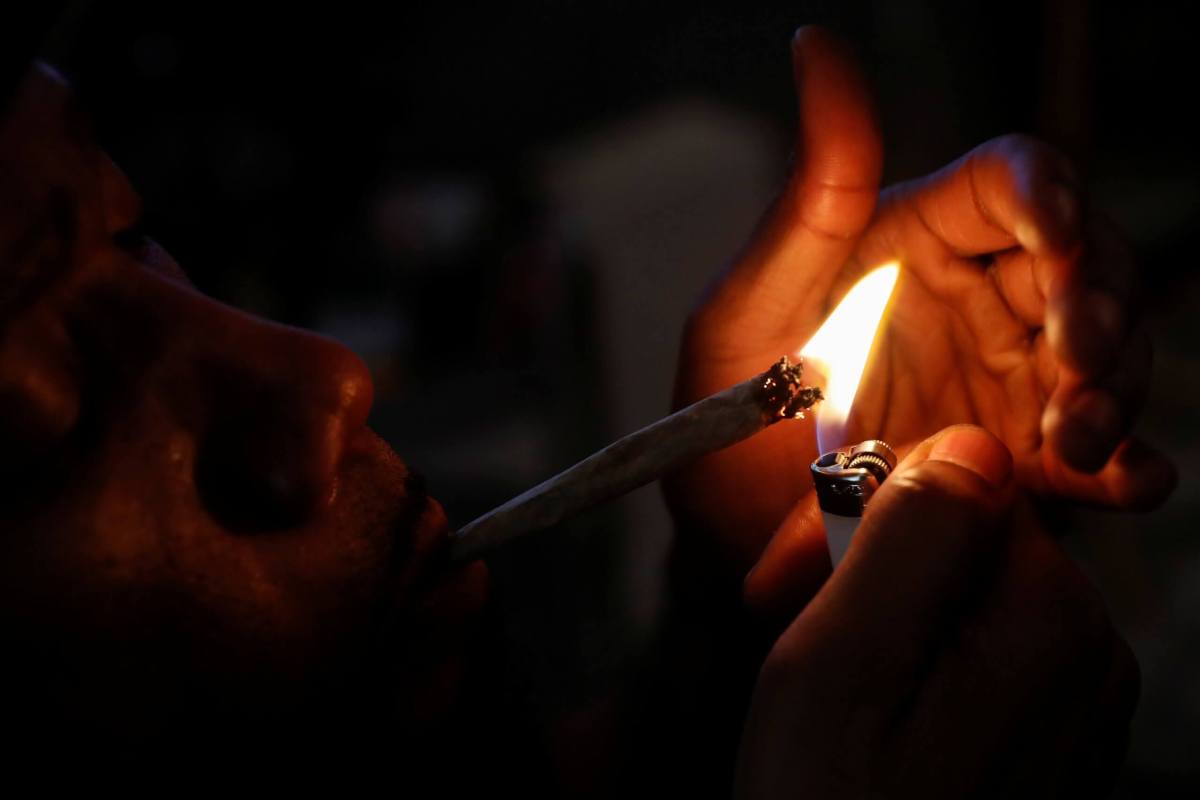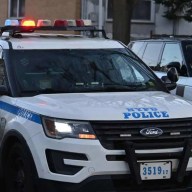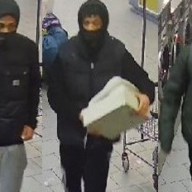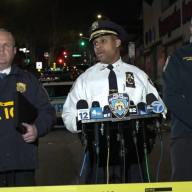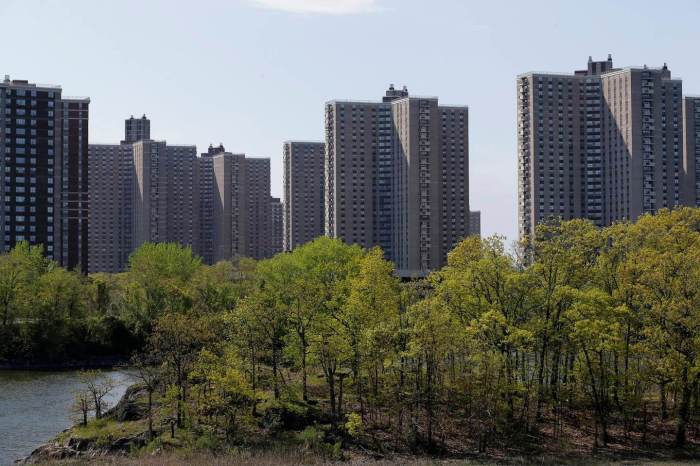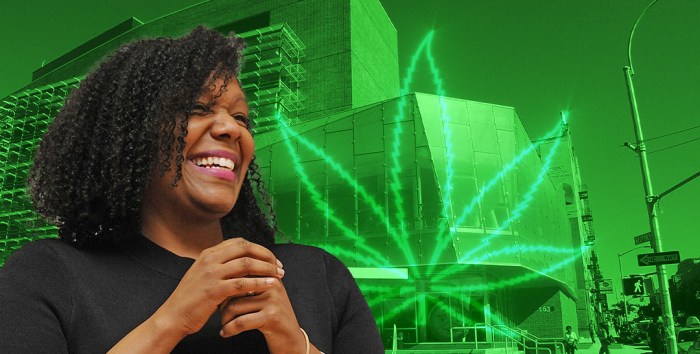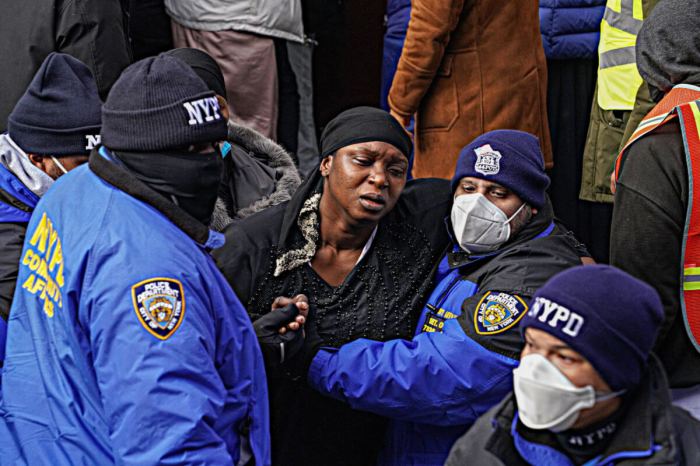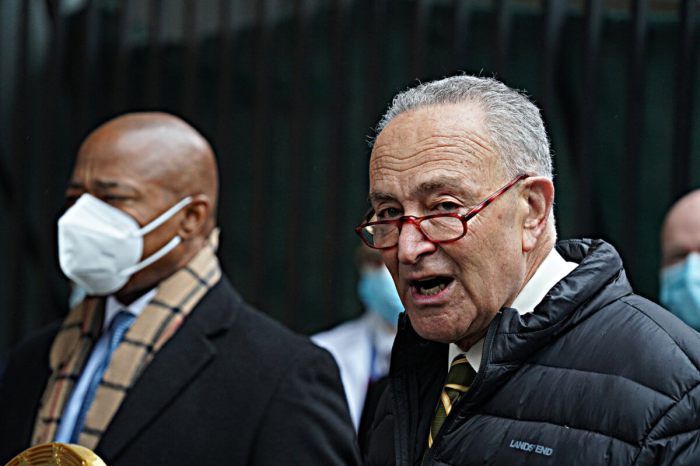Cannabis growers Teo Garcia and Sydney Pagan’s passion for growing the plant came from the necessity of treating their daughter, who was diagnosed in 2016 with Graves’ disease, an immune system disorder that has led to multiple eye surgeries, recurring joint pain and depression.
When the duo, who operates an online cannabis-product retailer Toke Chiba, saw how the plant’s medicinal benefits improved their daughter’s quality of life, they saw also saw the opportunity to grow their passion into a business.
“This plant helps my daughter with her immune disease and I just was amazed by the healing properties of the cannabis plant,” Garcia told the Bronx Times. “I thought, well, this is supposed to be medicine. So let me find out about this medicine and grow it myself so she could have access to it, and it’s turned into a passion that can hopefully go further.”
As New York state’s legal cannabis rollout has moved at a breakneck pace to get things in place for its projected multi-billion dollar cannabis retail industry off the ground by the end of the year, Garcia, like other Bronx growers and aspiring cannabis entrepreneurs, are worried about being shut out.
“This process has taken so long, and it seems like every bit of information we’re getting is not guaranteed to happen or is conflicting,” said Garcia. “There are so many questions remaining such as the cost of applications, and how do I get set up now to prepare for this rollout without all this information? And will I even receive a license when it’s all said and done?”
The main goal of the Marijuana Regulation and Taxation Act (MRTA) — which forms the state’s regulatory ecosystem for the production and sale of cannabis, creates a new adult-use cannabis program and could provide 30,000-60,000 jobs citywide — is that it can systematically benefit the Black and brown communities most affected by its criminalization.
Setting up Bronx for success
Hoping to set up a fast track for Bronxites for licensure and retail opportunities — with special priority for those who have been affected by overcriminalization of the state’s cannabis prohibition — Bronx officials and local organizations launched an borough-based initiative that they hope can actualize the promise of MRTA to a borough ravaged by disproportionate cannabis enforcement.
The Bronx Cannabis Hub’s immediate goal is to prioritize the needs of social equity applicants — individuals who have lived in communities disproportionally impacted by the War on Drugs — in the state’s licensing application process, with educational services and potentially, a physical space to follow.
“We need to get grassroots organizations involved to make sure people who’ve been most harmed who don’t have the opportunity to even get information on what this means, let alone the resources to launch a business,” said Desmond Lewis, co-founder of Bronx Community Foundation. “The Bronx is a retail community, and if we can do this right, it’s a cannabis retail industry majority owned by those impacted by the War on Drugs, Black and brown entrepreneurs. That’s the panacea vision of MRTA.”
One of the boroughs most impacted by cannabis enforcement through disproportionate over-policing and over-sentencing of cannabis-related crimes was the Bronx, as the Bronx Times chronicled in a series in 2021.
SERIES | Cannabis in the Bronx: How over-policing and enforcement hurt a borough
In a 2018 report published by NYC Comptroller Scott Stringer, the Concourse, Highbridge and Mount Eden sections of the Bronx accounted for some of the city’s highest average marijuana-related arrest rates with 8,143 total arrests from 2010-2017.
According to a decade-long study of marijuana arrests by NYC police precincts, the Bronx’s 46th, 41st, 52nd and 44th precincts accounted for some of the city’s highest marijuana arrest rates over the last 10 years.
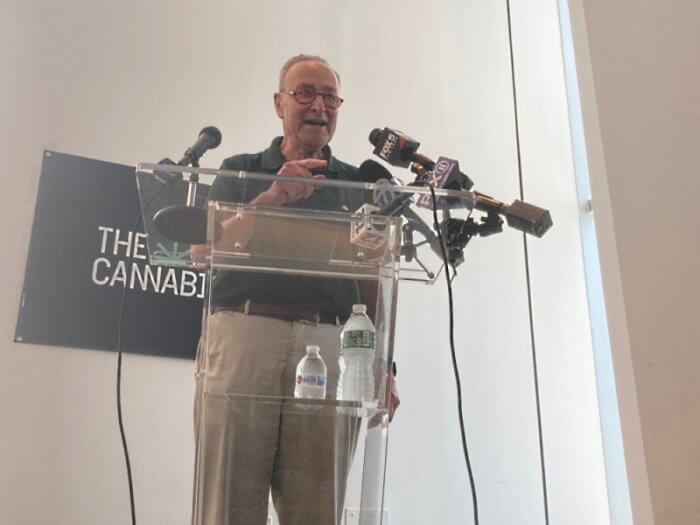
“We’re trying at the federal to mimic what New York has done. Not just in legalization and ending criminalization but making sure social justice is an essential part of any legislation, ” said Senator Chuck Schumer, who last week introduced a federal legalization bill with social equity provision with fellow Democratic Senators Ron Wyden and Cory Booker. “This great Cannabis Hub will become a model, not just for New York City, not just for New York State, but let there be hubs like this throughout the country.”
In addition to making sure that the state’s cannabis policy benefits communities that were disproportionately harmed by pot prohibition — primarily through reinvesting 40% of sales tax on weed — 50% of adult-use cannabis licenses are reserved social and economic equity applicants.
In March, Gov. Kathy Hochul announced that the first 100 retail cannabis licenses will go to people who have served prison sentences for cannabis convictions. But ensuring that the MRTA’s main philosophy — repairing the decade-long damage of cannabis prohibition and guaranteeing fair and equitable access to the new cannabis economy — into reality is easier said than done.
“I’m skeptical,” said Jackson Ford, a Concourse native who spent nine months in jail for possession in 2011. “I think this industry in two or three years is going to run by a bunch of Silicon Valley wannabe’s who didn’t make it in crypto or tech. Those business opportunities aren’t coming for people like me, because I don’t believe they will honor their promises when the highest bidders come out the woodwork.”
Fears of being undermined
Cannabis justice activists are also weary of a years-long movement — started by Black and brown organizers highlighting the disproportionate rates at which cannabis was enforced in their neighborhoods around 2010 — being co-opted.
MRTA, which was signed into law by then-Gov. Andrew Cuomo in March 2021, followed years of stop-start legislative efforts to legalize weed, with social equity provisions included at the request of grassroots cannabis justice advocates.
“We have been very clear that when we say (social equity) for Black and Latino people, we mean those without resources,” said Executive Director of Drug Policy Action Kassandra Frederique. “That’s important because the same people that were calling the police on Tyrone because he was smoking in front of their high-rise building are the same ones rushing to the front to be social equity applicants.”
And for those laying the groundwork for this initiative and ensuring the Bronx is not left behind in the state’s legal cannabis rollout, learning from past mistakes in other state’s legal cannabis rollouts is key.
When California’s legal cannabis measure passed in 2016, unintended consequences led to high cannabis taxes and overregulation that made it impossible for most small growers and retailers to get licensed, which in turn gave more space to corporate multistate operators, advocates told the Times.
And while Massachusetts implemented a social equity framework in that same year, by June 2022, only 235 of the approved 1,399 applications for licenses by the Massachusetts Cannabis Control Commission were for social equity applicants, according to reporting done by the Journal Inquirer.
“We’re really building this plane while it flies. What we’re trying to do hasn’t been done,” said Eli Northrup of the Bronx Defenders. “The way that (MRTA) was written in New York was a reaction to the ineffectiveness of the social equity provisions in other states. I think we’re trying something that goes farther than any other state in this regard.”
Reach Robbie Sequeira at rsequeira@schnepsmedia.com or (718) 260-4599. For more coverage, follow us on Twitter, Facebook and Instagram @bronxtimes.

